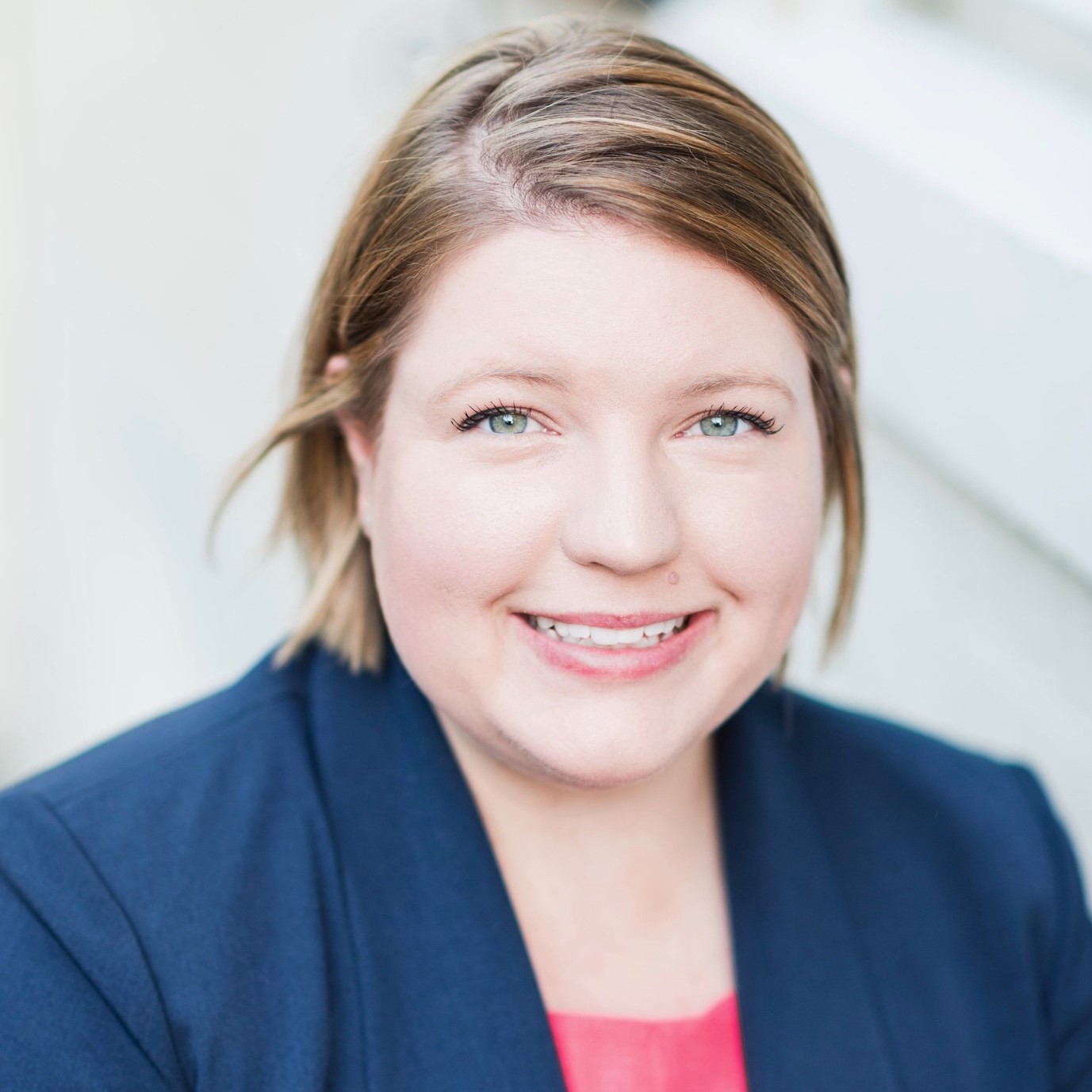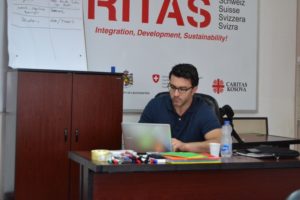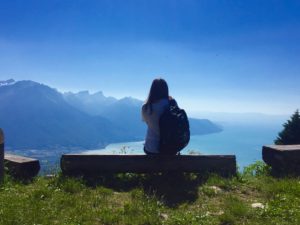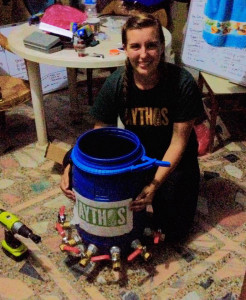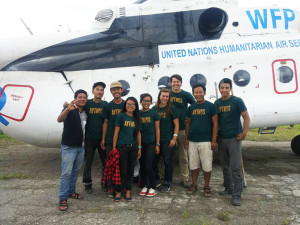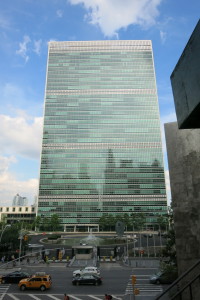Liad Roytfarb is a current student in the Atlantis Program, a unique dual degree MAIR/MPP program with the Hertie School of Governance in Berlin. He participated in the Maxwell in Washington Program over the summer.
During the summer of 2017 I had the opportunity to intern in Washington DC at MD-5, also known as the National Security Technology Accelerator. MD-5 is an emerging Department of Defense program which attempts to promote Civil-Military industry innovation, and seeks ways to spur innovation across the department. The program focuses on three broad fields: Education, Collaboration and Acceleration. It is situated at the National Defense University, which enables it to tackle all three fields effectively. The goal of the program is to maintain and promote the role of the United States as a global leader in defense; the initiators believe that this can be achieved by building bridges between the technology and security sectors.
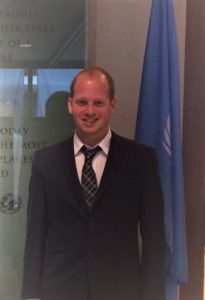
As an international student, I found the internship a unique and challenging experience. The main obstacle was familiarizing myself with jargon from different spheres, such as technology and military, a task that proved to be difficult. Moreover, it had to be done effectively and swiftly in order to contribute to the diverse set of tasks handed out on a daily basis. Luckily, my boss and mentor, Mr. Justin Dunnincliff, is a Maxwell alumnus, who assisted me in every aspect and helped integrate me into the team since day one. This enabled me to learn quickly and, I hope, to contribute to a wide range of tasks and ventures. It was an interesting experience for me, because I got a close look at the Defense departments’ efforts to achieve a set of its vast organizational goals. The ability to implement methods and ideas from my own country and past experience was very rewarding; altogether this was a huge lesson I will take with me.
I would recommend this internship for any graduate student interested in private-public partnerships, working relations in the US government and DOD programs in particular. The organization and the internship have a very clear ‘on the go’ nature, which should suit any candidate who likes fast paced and ever-changing tasks. I enjoyed learning from the deep knowledge and practical experience of all senior staff in the program, as its small size enables close knit working relations. Since the program was launched just a year ago there is much place for growth and implementation of ideas by interns and staff alike. This constitutes a great opportunity for any Maxwell student in DC and, in my opinion, would be an unforgettable experience.

